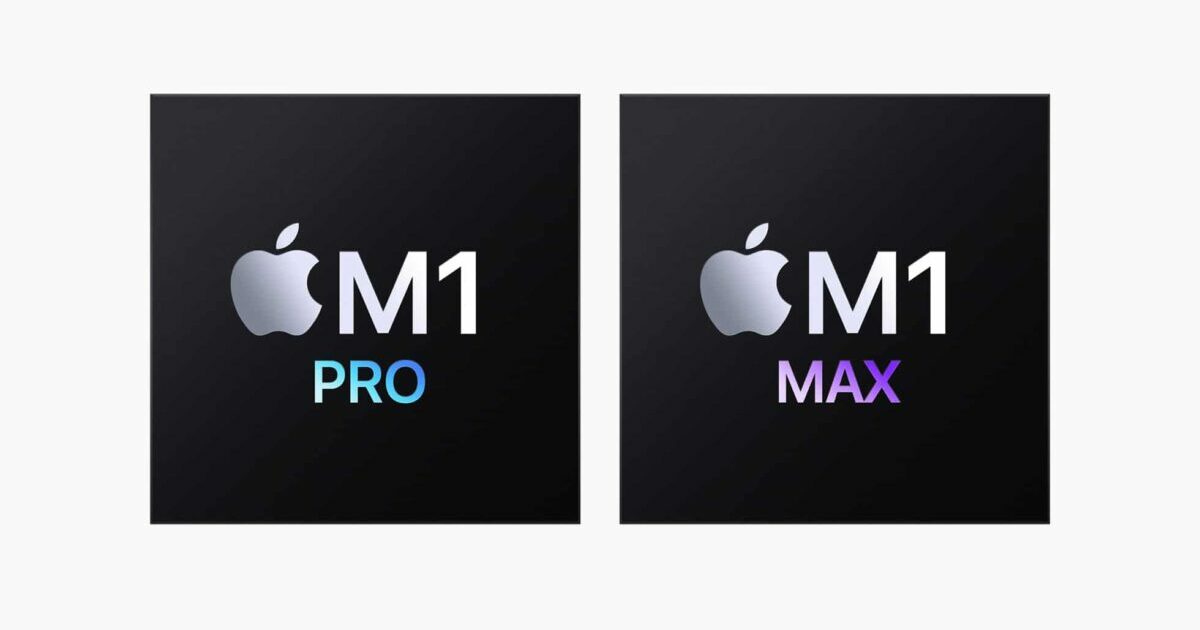Despite the massive performance improvements in M1 Pro and M1 Max, Apple Silicon is going to keep improving by leaps and bounds in the future. As per details shared by The Information regarding the roadmap for Apple Silicon chips, Apple will be working with TSMC to develop the second-generation M1, M1 Pro, and M1 Max chips using an enhanced version of the current 5nm process.
As per the report by The Information, Apple is already working on the second and third generation of its chips. The third generation of chips have the code names Ibiza, Lobos, and Palma, which hints towards Apple continuing with the current chip naming: a base model, a Pro model, and a Max model. However, it is unclear what Apple would call its chip that would be used in a future Mac Pro.

Apple Silicon roadmap – enhanced 5nm process in 2022, 3nm process in 2023
Second-generation Apple Silicon will have smaller performance and efficiency improvements due to its continued use of the 5nm process, however, the company will be trying to double the performance output by using an enhanced manufacturing process.
Although the second-generation chips will use an enhanced version of the current 5nm process, the third-generation Apple Silicon will see a bigger jump with a bump up to 3nm process and 4 dies. This could give the new chips up to 40 cores, which would be far higher than what the current Apple Silicon chips have. M1 has an 8-core architecture while M1 Pro and M1 Max have 10 cores. We have yet to see Apple Silicon in a Mac Pro which is expected to have a higher number of cores. The report says that an even more powerful version of the M1 Max chip could be used for the upcoming Apple Silicon Mac Pro, with at least two dies, which means it could have 20 cores or more.
As with the current Mac chips, future 3nm chips will also appear in iPhone and iPad, if the development stays on track for 2023. The second-generation chip is expected to first appear in the 2022 MacBook Air, which is expected to receive a massive redesign.
The report says that Apple’s silicon roadmap shows that it will continue to outperform Intel’s chips for consumer PCs. Intel’s recent 12th generation chips are already faster than Apple Silicon in many benchmarks, at the cost of higher power consumption so it will be interesting to see how the CPU landscape will look like next year.